7 Minutes
Introduction: A New Angle on a Galactic Tragedy
Warning: spoilers ahead for Star Wars: Legacy of Vader. Marvel's ongoing comic series Legacy of Vader has quietly been doing something ambitious for the Star Wars franchise: reframing the Sequel era through historical discovery. Issue #7, by writer Charles Soule and artist Luke Ross, lands a powerful punch by showing that one of Kylo Ren's greatest weaknesses was not raw power or indecision, but ignorance — a shallow and fractured knowledge of galactic history that helps explain why his downfall felt inevitable.
Plot Summary: Kylo Confronts a Past He Never Learned
Legacy of Vader #7 places Kylo Ren in direct confrontation with the legacy left behind by Darth Vader and the Empire. As the Supreme Leader searches for answers about Palpatine, the Jedi, and Vader himself, he encounters survivors and witnesses to events that have been turned into myth. One pivotal scene brings Kylo face-to-face with a Jedi who lived through Order 66, and her questions expose how little he actually understands the institution she once served. Earlier issues have already hinted that Kylo does not know key facts about Palpatine or even his own grandfather, and this issue forces him to reckon with those gaps.
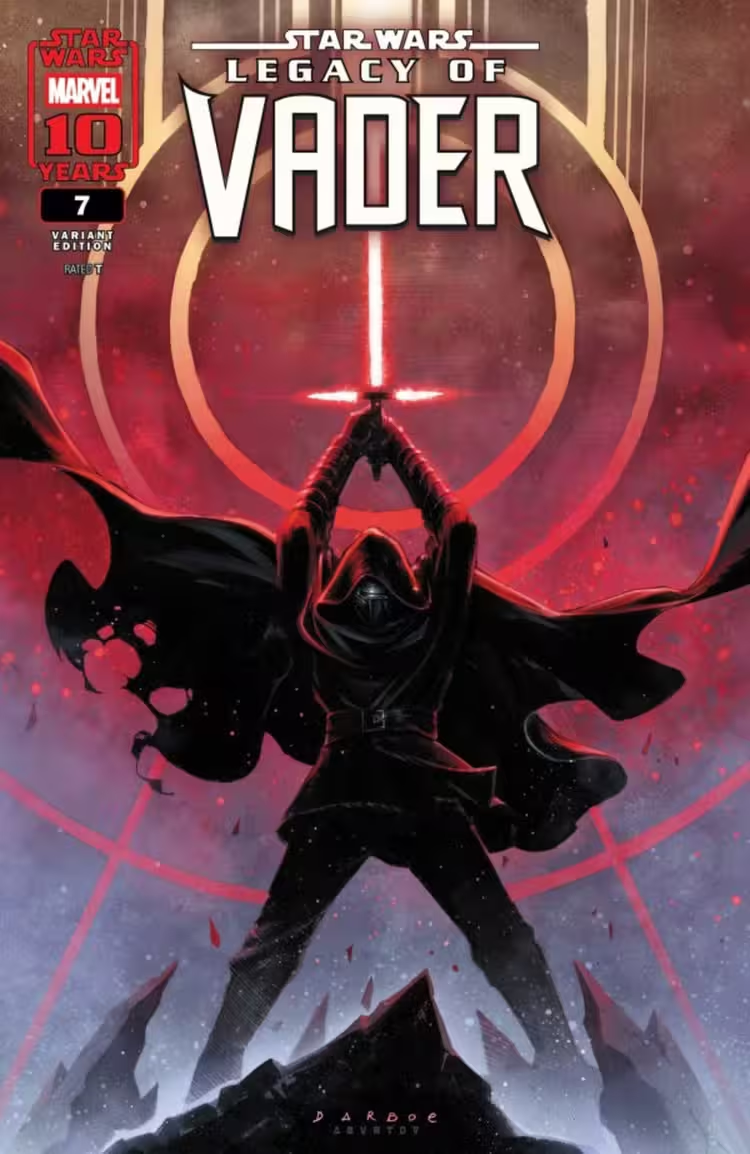
Why this matters to the broader story
On the surface, this is a character beat: Kylo's arc deepens as he learns history the hard way. But the comic uses that personal arc to highlight a franchise-wide concept — that the Star Wars galaxy at large has an unstable, easily distorted relationship with its past. That fractured memory is crucial to why authoritarian power could take root, and why a new generation can be so easily misled.
Cast and Creative Team: Who Brought This Issue to Life
Legacy of Vader is a Marvel Comics title written by Charles Soule with striking interior art by Luke Ross. The series sits officially within Star Wars canon and is part of Marvel's ongoing stewardship of cinematic-era comics tied to the films and series. Soule, known for combining legalistic and philosophical themes with strong character work, brings a forensic curiosity to Kylo Ren's psyche. Ross's cinematic compositions and rugged linework give the pages a lived-in, almost filmic texture that helps the story read like a lost chapter from the sequel trilogy.
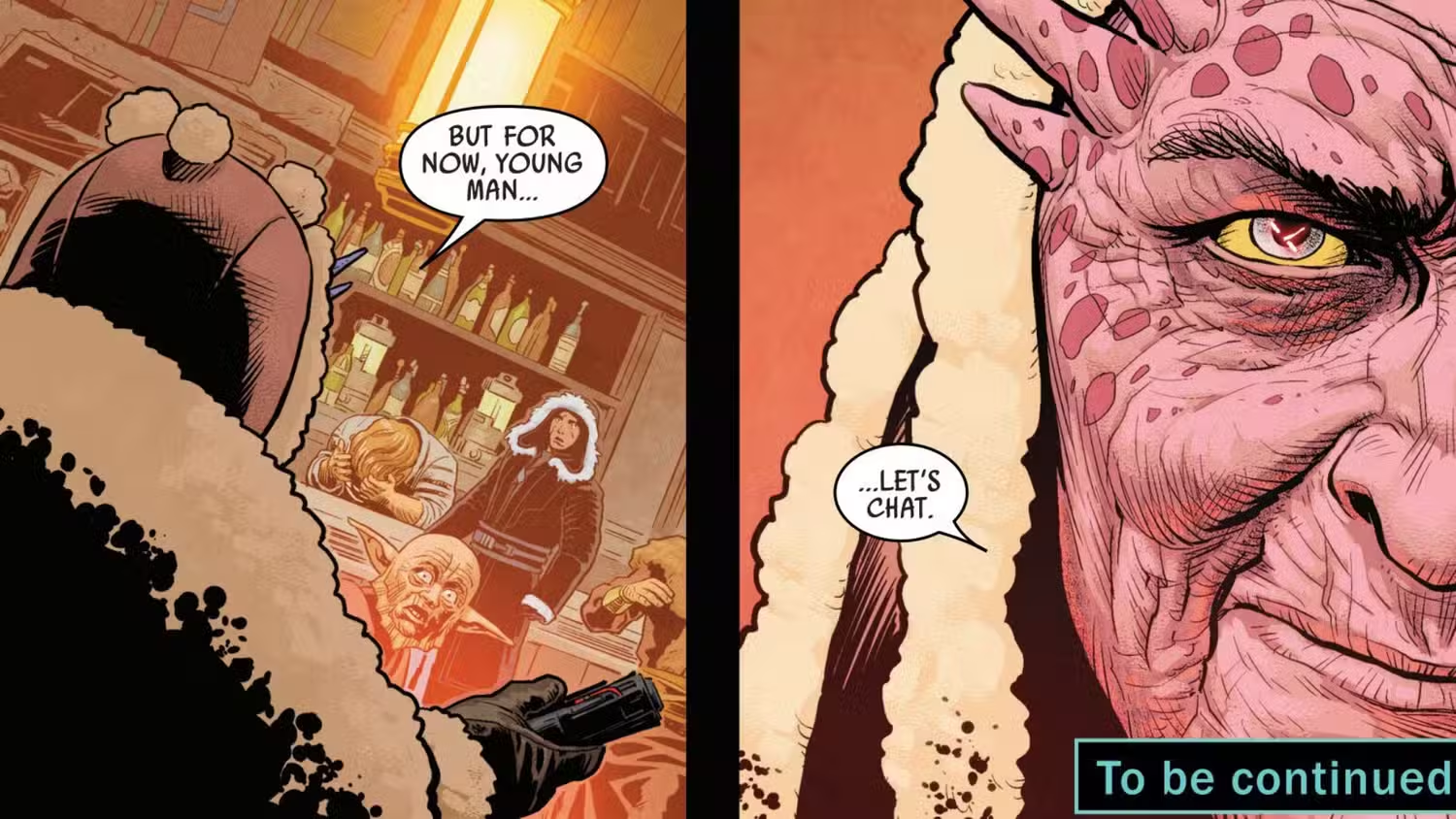
Production Details: Comics as Canon and Continuity
Legacy of Vader is positioned between The Last Jedi and The Rise of Skywalker, making it a connective tissue project for fans who want to understand the Sequel era's internal logic. As a comic, it has liberties that films do not: deep interiority, interrogations of myth, and the space to linger on small, revealing moments. The format allows Soule and Ross to excavate history — both within the narrative and as a meta-commentary on how Star Wars itself preserves and distorts its own past.
Analysis: Empire, Memory, and the Weaponization of History
The core idea the issue explores is simple and chilling: when a sprawling civilization cannot reliably record and pass on its history, narratives can be rewritten by those in power. Palpatine's Empire did not simply win battles; it reoriented how the galaxy remembered those battles. Jedi were recast as traitors, the Republic's failings were amplified or erased depending on the agenda, and a generation grew up with a sanitized, mythologized version of recent atrocities. In that environment, a character like Kylo Ren can be both charismatic and catastrophically misinformed.
This is a smart story choice for the franchise because it reframes common Star Wars tropes. The films often center Jedi myth and legend, but this comic insists we remember the order was a small institution compared to the galactic whole. Once Imperial propaganda and omission did their work, many citizens would only have fragments to pass on — rumor, legend, half-remembered tales. That structural weakness in memory is presented as a political superweapon: control the past and you control the present.
Critical Reception: What Fans and Critics Are Saying
Reaction to Legacy of Vader #7 has been mixed and lively. Many critics applaud the series for adding moral and historical depth to Kylo Ren, arguing that the comic enriches the cinematic arc by showing why his choices feel tragically inevitable rather than merely impulsive. Hardcore fans who keep exhaustive timelines appreciate the attention to canon detail and the way the comic fills thematic gaps between the films.
At the same time, some readers worry that emphasizing Kylo's ignorance risks absolving him of accountability, or that it opens an old debate about continuity and storytelling that divides Star Wars fandom. Others welcome the series as timely, noting how the theme of historical manipulation resonates with contemporary conversations about misinformation and memory.
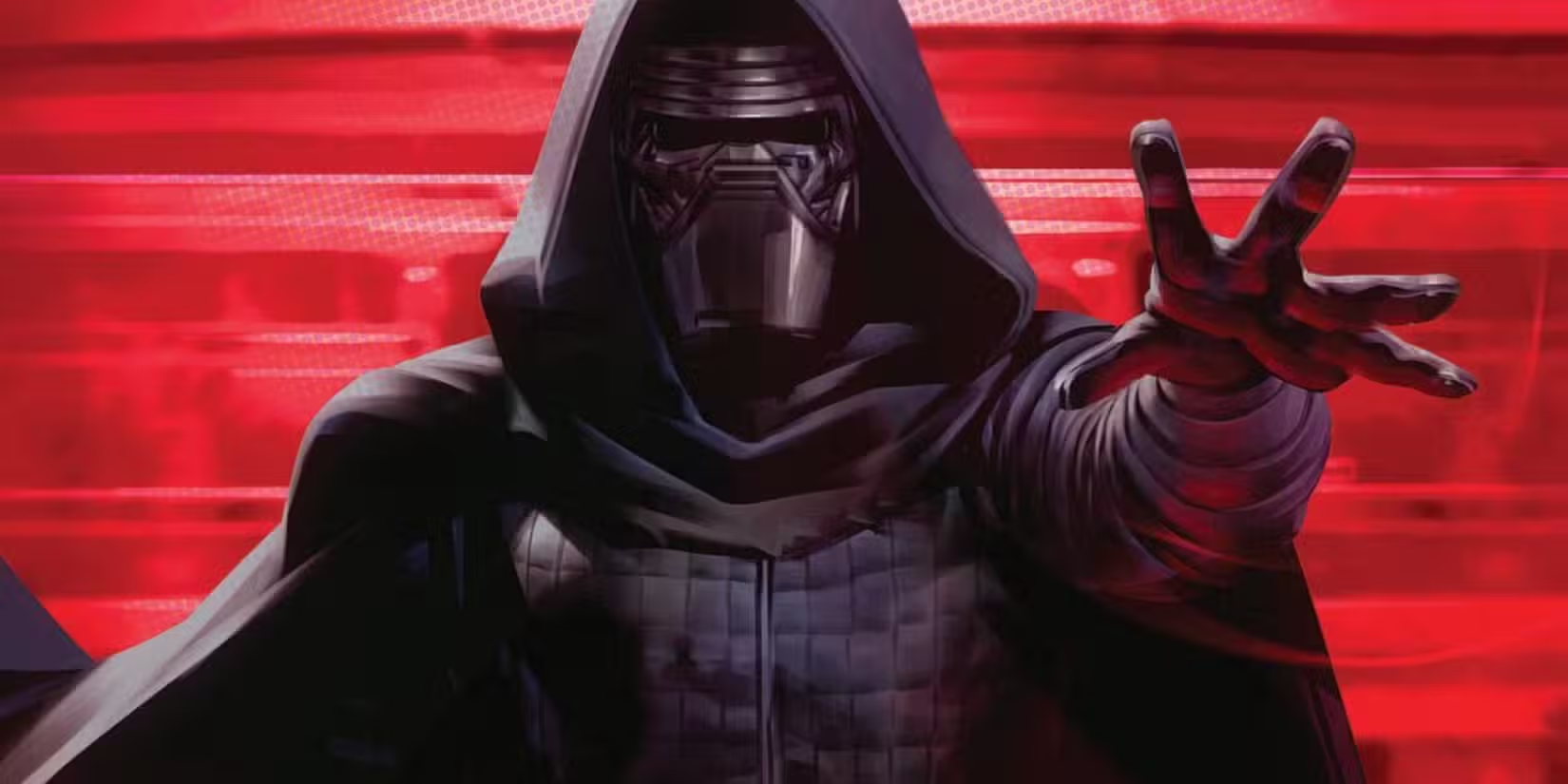
Personal Take: Why This Resonates Beyond Comics
As a piece of media criticism, Legacy of Vader succeeds when it treats Star Wars not just as a space opera but as a mirror for how societies remember. The comic is most powerful when it frames Kylo as a product of that broken memory, which makes his arc more tragic and instructive. Kylo is not simply evil; he is hopeful, angry, and painfully misled — a combination that feels eerily familiar in an era of fractured media ecosystems and contested histories.
For readers and viewers who care about film and series storytelling, this issue is a reminder of the narrative richness comics can add to cinematic universes. It demonstrates how tie-in media can expand themes, interrogate characters, and ask the franchise to speak to the present day without losing the mythic scale that makes Star Wars compelling.
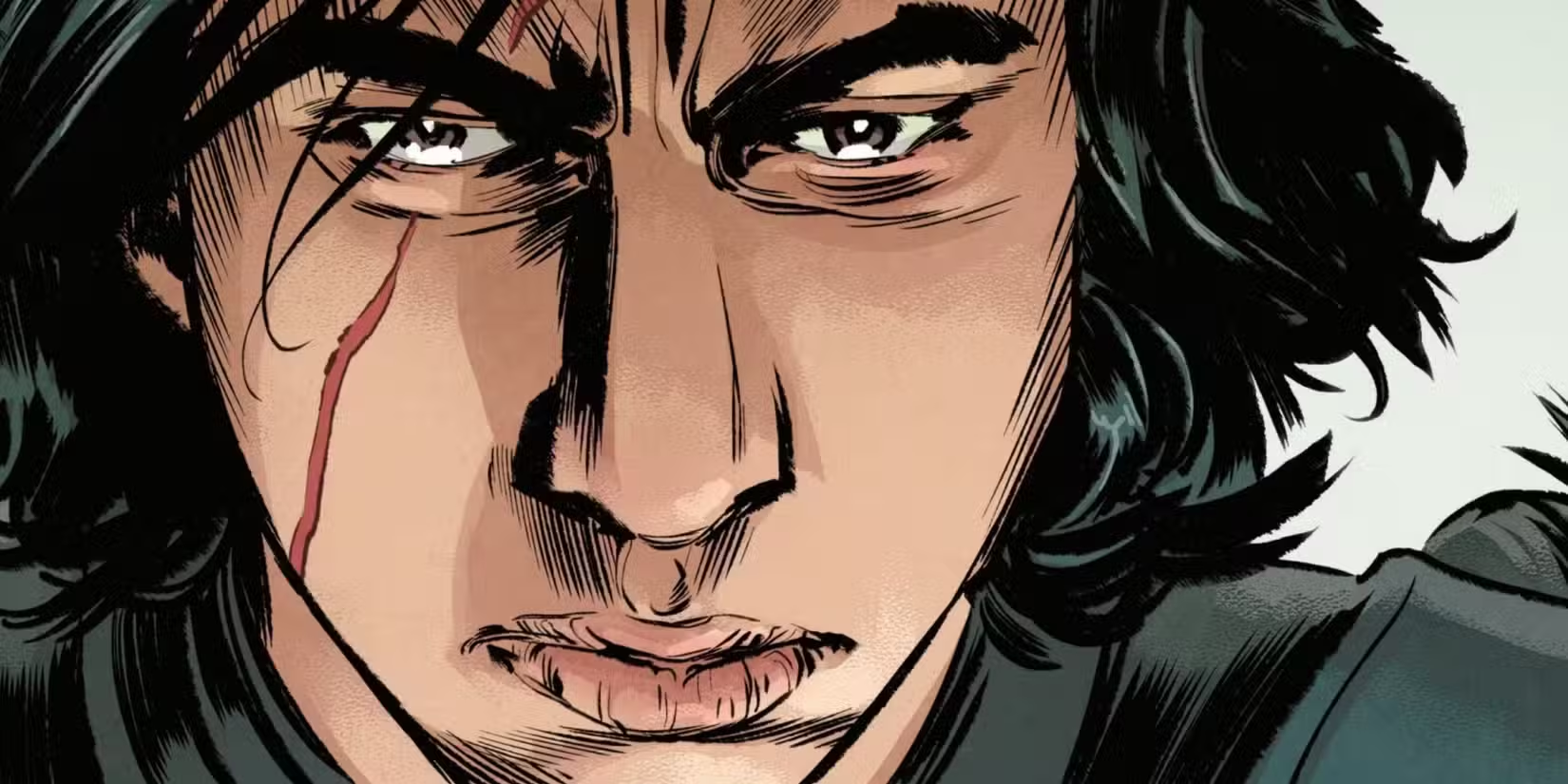
Conclusion: A Franchise That Can Still Teach Us
Legacy of Vader #7 is more than a comic tie-in. It reframes Kylo Ren's fall as part of a systemic failure of memory and shows how authoritarian systems weaponize history. That makes it one of the more relevant Star Wars stories in recent years: a reminder that understanding the past is not just an academic exercise, it can be a life-or-death necessity. For fans of cinema, comics, and franchise storytelling, this issue is a must-read — both as entertainment and as a provocative piece of social commentary embedded in the galaxy far, far away.
Source: screenrant


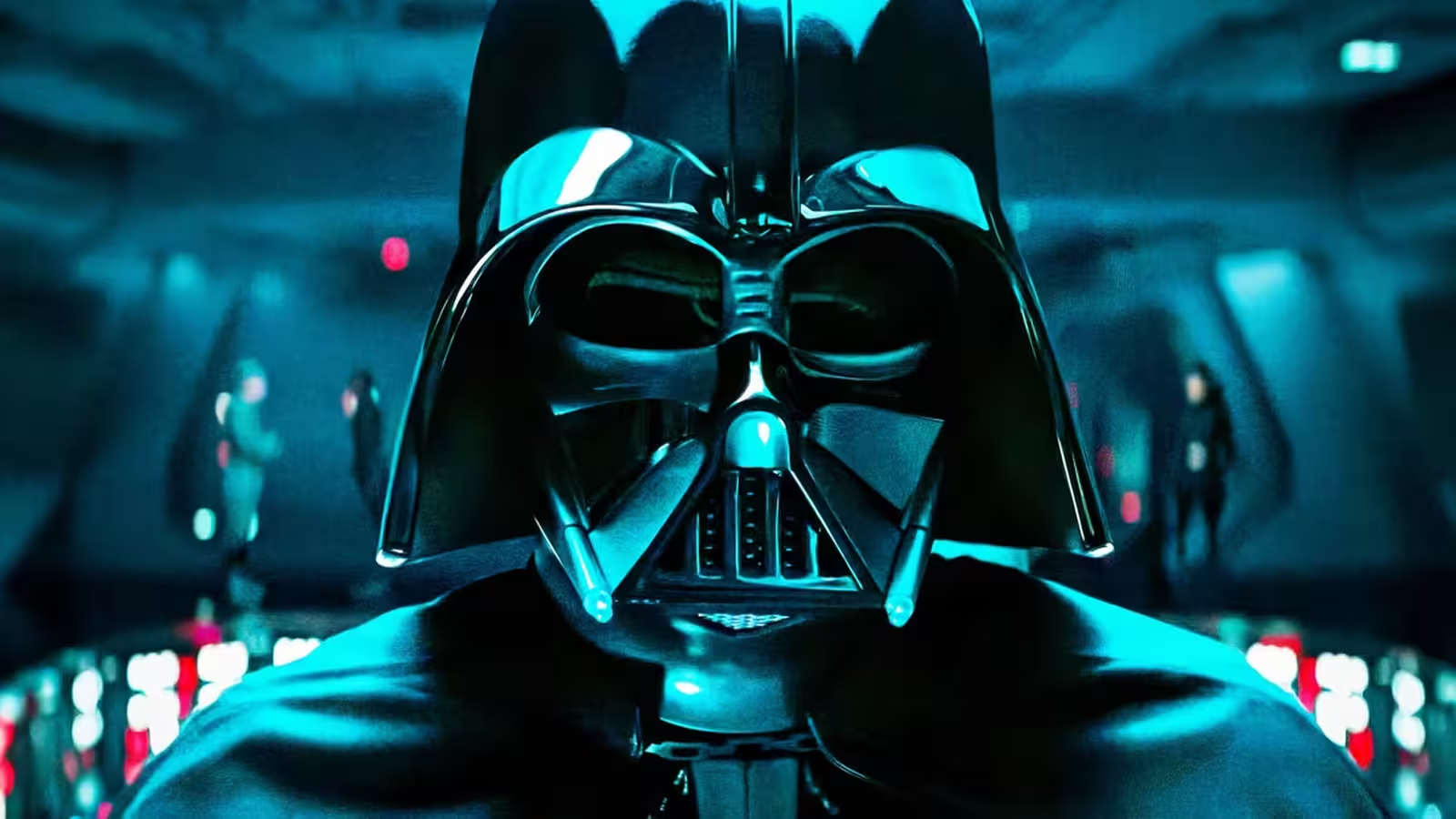
Leave a Comment